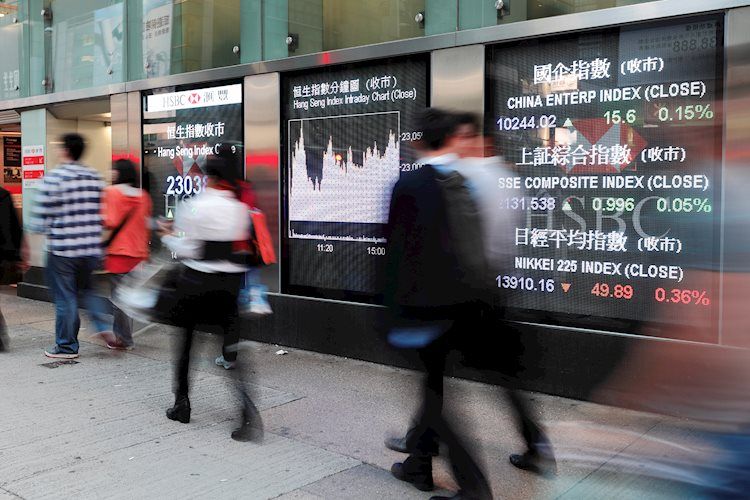We consider three scenarios of potential US-led tariffs on China and ASEAN. VN, TH and MY may benefit the most short-term in Scenario 1 due to export reallocation. We also provide an update on the medium-term benefit of FDI into ASEAN as companies diversify their supply chains, Standard Chartered’s economists Edward Lee and Jonathan Koh note.
Analyzing the short-term growth impact of US-led tariffs
“President-elect Trump has threatened to impose tariffs on trading partners on inauguration day. As it stands, the timing and scope of the tariffs remain unclear and may ultimately serve as a negotiating tool to secure concessions on other key issues. We analyze multiple scenarios in an attempt to quantify the impact of tariff imposition on ASEAN economies.”
“We consider three scenarios in our analysis: 1. US imposes 60% tariffs on all imports from China. 2. US imposes 10% tariffs bilaterally on all imports from each ASEAN economy. 3. US imposes a universal 10% tariff on imports from all economies. We utilize trade in value-added (TiVA) data from OECD, which has data out until 2020. However, we work off 2019 figures in our analysis for two reasons. First, to avoid distortions due to COVID-19. Second, 2019 trade values likely reflected the bulk of the impact from the 2018 US-China trade war.”
“As a start, we need to determine the demand elasticity of US imports with regard to tariffs. According to a paper by Kee, Nicita and Olarreaga1, the import weighted average demand elasticity of US imports is -1.3. Stated differently, every 1% hike in tariffs would lead to a 1.3% fall in imports on average. While we acknowledge that demand elasticity is likely to vary for different products, we use this 1.3% estimate for all imports for simplicity and the highly imprecise elasticity estimate for specific products.”
Read the full article here

